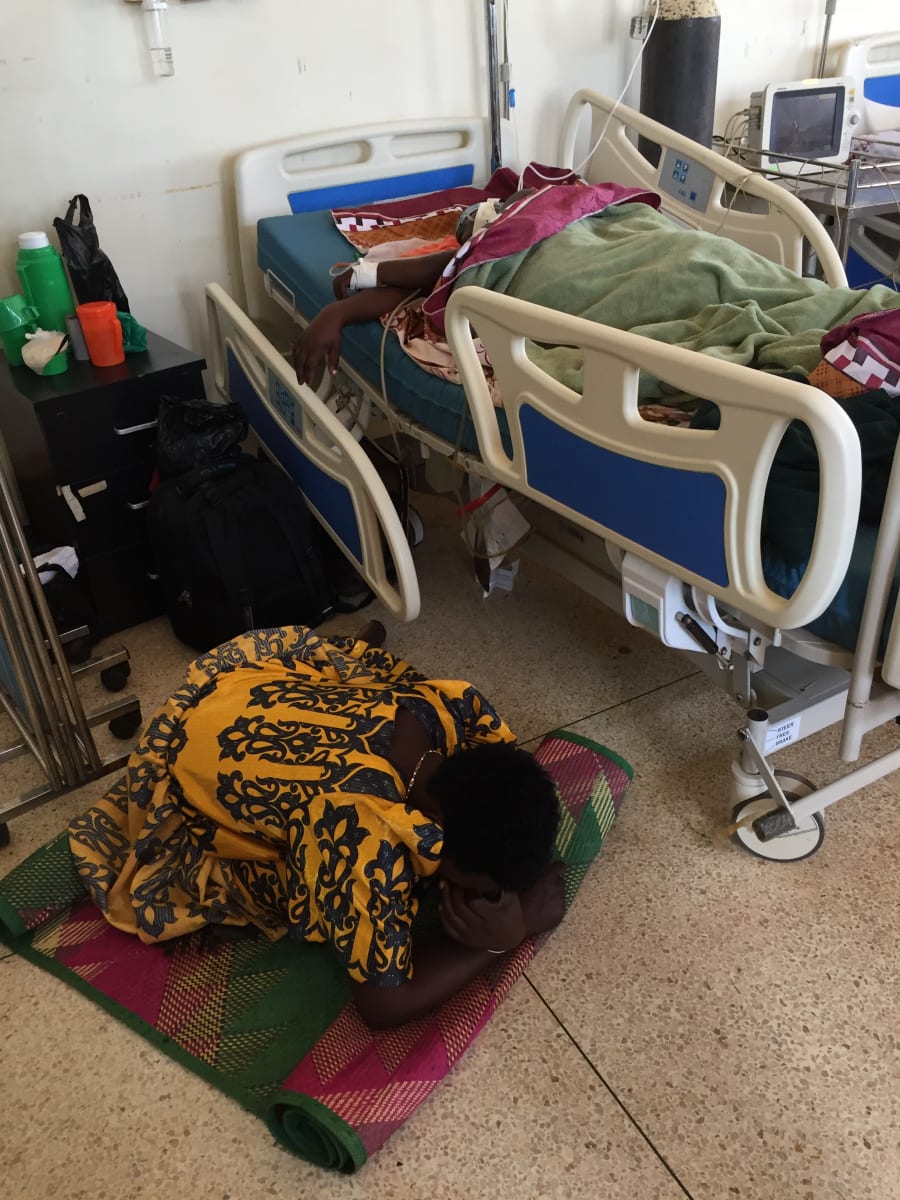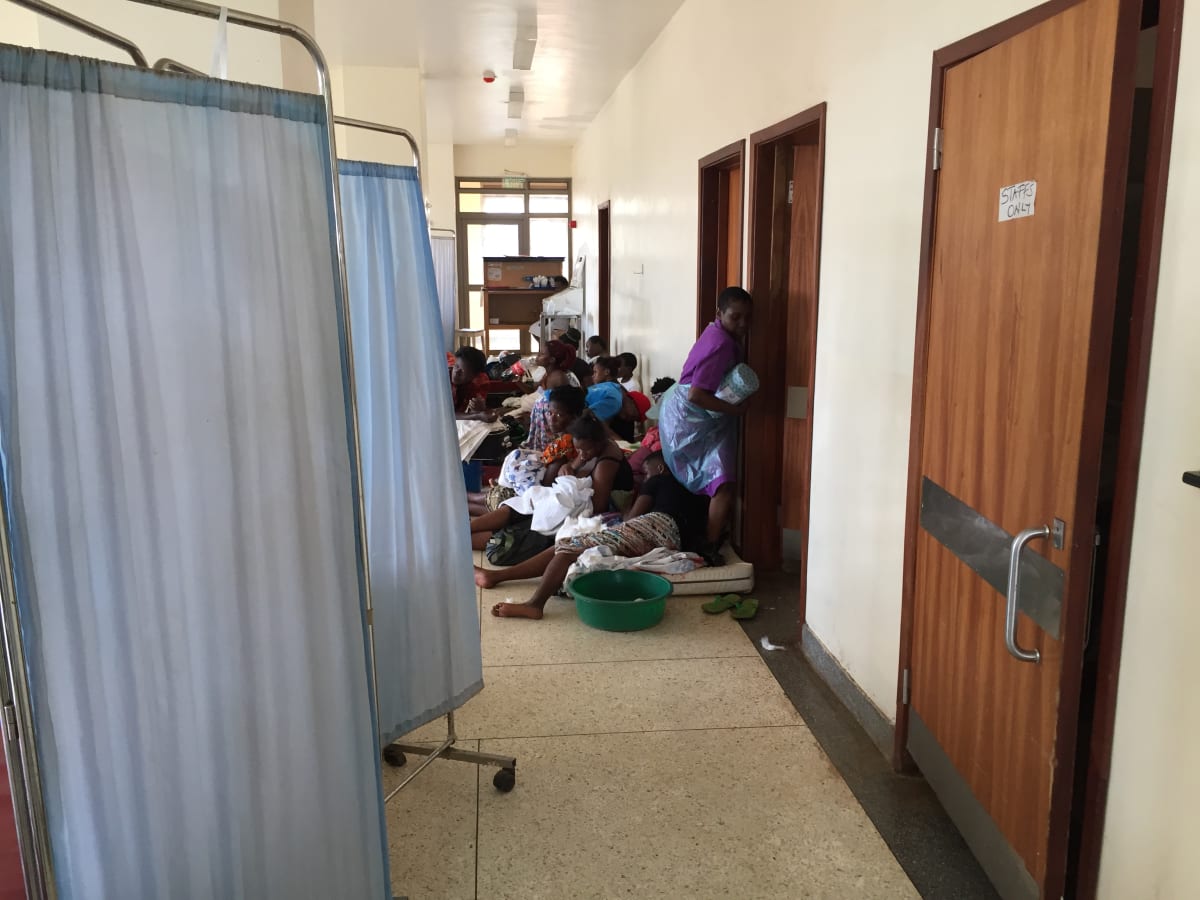This is a project created by Health Volunteers Overseas (HVO), which 'aims to improve the knowledge and skills of the Ob-Gyn faculty, clinicians and trainees at Makerere University and Mulago Hospital.' I am a 4th (final) year resident who will be working with faculty member Dr. Margaret Baum.
As volunteers we will be involved in providing lectures and simulation exercises pertaining to operative obstetrics. The length of the assignment will be one week.
The primary goal is the dissemination of evidence-based information to improve obstetric outcomes. Additionally, we hope to establish a relationship with the Ugandan team in order to return and serve the people of Eastern Africa on a regular basis.






In association with Health Volunteers Overseas, and with the gracious support of the Dox Foundation, I recently traveled to Kampala, Uganda. The HVO project in Kampala seeks to enhance the knowledge and skills of OB/GYN faculty and trainees associated with Makerere University through evidence-based lectures and bedside teaching. The OB/GYN wards are currently housed at Kawempe Referral Hospital due to ongoing renovation of Mulago Hospital. A dedicated women’s hospital, located adjacent to Mulago Hospital, is in the final phases of construction.
As a fourth-year OB/GYN resident with limited vacation time, the duration of my trip to Kampala (one week) was undoubtedly short with respect to international work. However, the goals of the trip were nonetheless met: 1) become familiar with the Makerere OB/GYN training program and faculty, and 2) identify potential areas for future collaboration. As previously noted, the OB/GYN service is temporarily located at Kawempe Referral hospital. Therefore, some ideas for process improvement may be resolved with the forthcoming maternity center. For example, there are currently only two OB triage beds in a center that sees an estimated 30,000 deliveries each year. Space for recovery in the immediate postpartum period is similarly limited. The resultant, inherent delays and inefficiencies in care will hopefully be addressed in the design of the new maternity hospital. Previous experiences abroad had prepared me for the challenges of working in low-resource settings. I noted many similarities between Uganda and Kenya, where as a third-year resident I was able to complete a month-long global health elective. The sheer volume of obstetrics in Kampala, however, seemed to compound the frequency and severity of peripartum complications: preeclampsia, hemorrhage, uterine rupture, fetal and neonatal death. Unlike my experience in the US, in Kampala I witnessed eclamptic seizures on a nearly daily basis.
Bedside rounding one day, we came upon a sixteen-year-old, recently delivered, primiparous patient who had been transferred to our hospital after suffering an eclamptic seizure. Now several days postevent, she remained unresponsive and in a comatose state. Unable to afford the cost of radiographic studies to evaluate the extent of her neurologic injury, the family was left to simply wait for time to determine if she would recover.
Having now returned home, and to the busyness of life as a resident physician, there isn’t much time to reflect on my experience in Kampala. And yet many memories from the week manage to work their way into my thoughts. As I look around at the multitude of luxuries so often taken for granted, I can’t help but compare such abundance to the lack of resources that so often plague our counterparts abroad. The disparity can feel overwhelming, and there is a temptation to wonder how we could ever make a difference. But there is also something which drives us to do anything and everything possible to make even the smallest change. We act out of gratitude
for the gifts we have been given, and some intrinsic notion to be selfless stewards of our time and talent.
We take inspiration from those leading the way – the neonatologist single-handedly taking care of 80 newborns at a time, the obstetrician splitting time between private practice and educating the next generation of physicians, the nurses caring for too many patients with too few supplies. To be involved in this work is physically, mentally and emotionally challenging. And yet the reward is unlike any other.